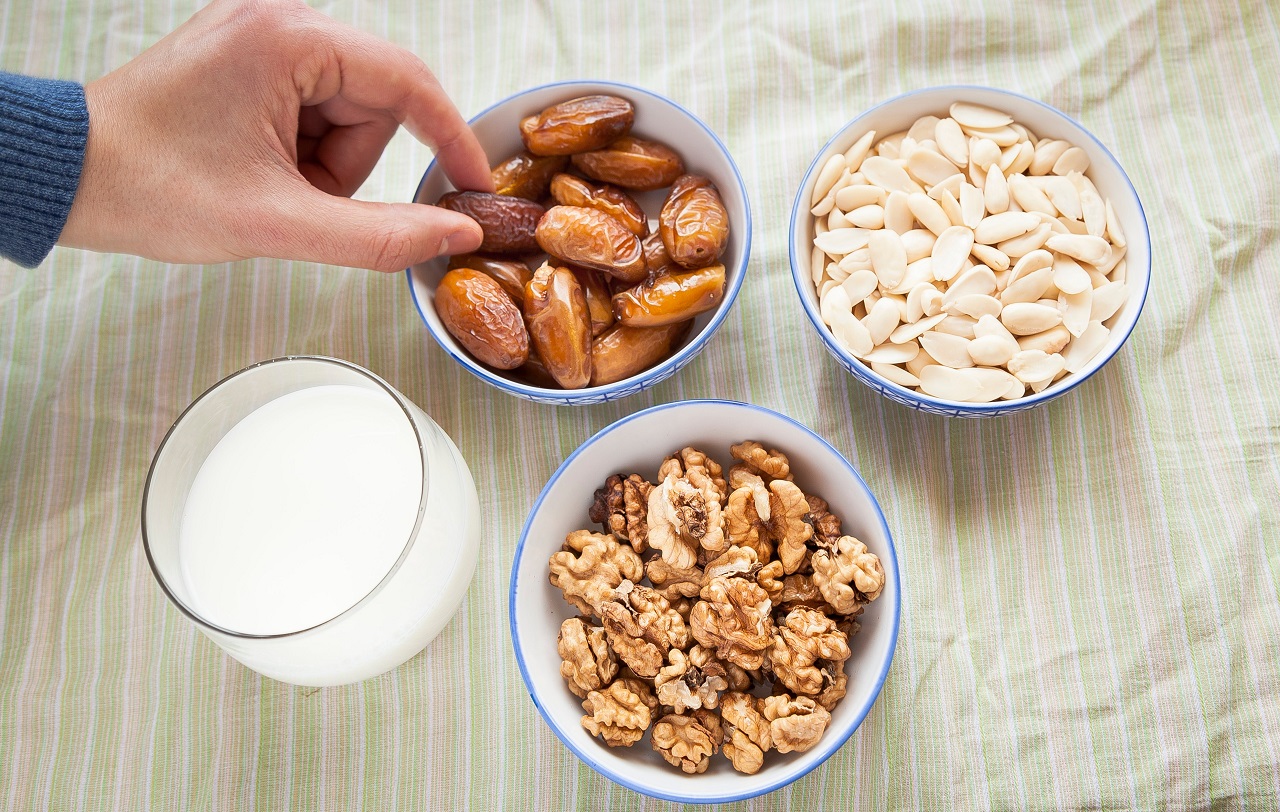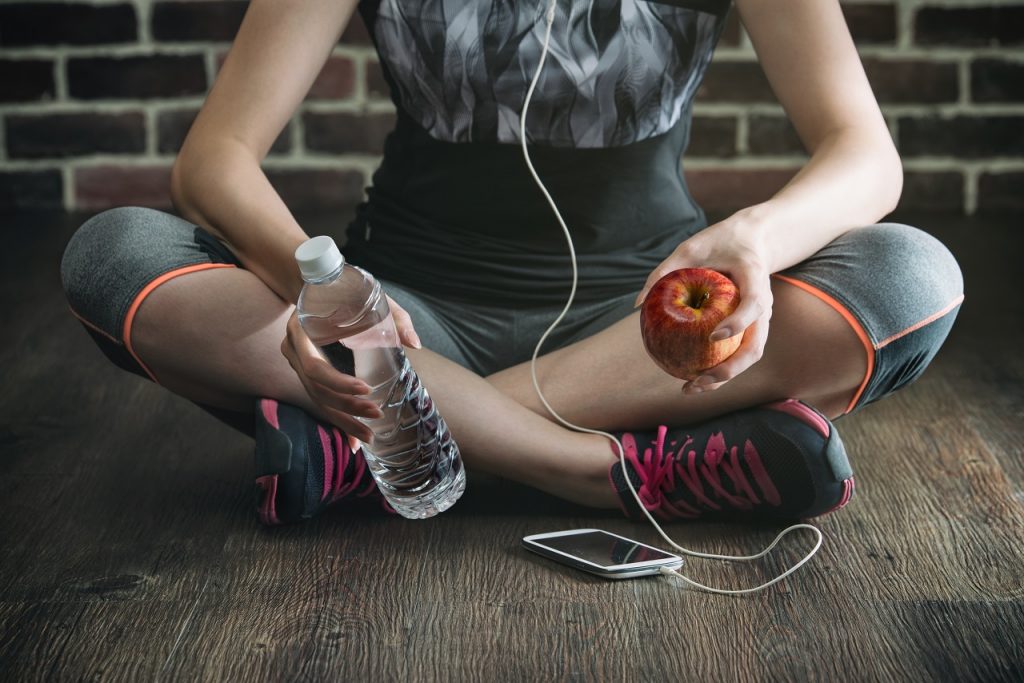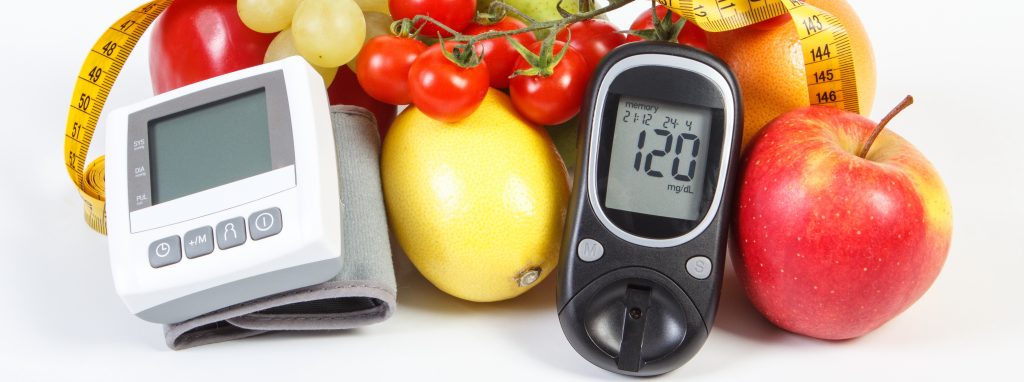
The holy month of Ramadan is auspicious for the Islamic Community across the world. During this period, one practices restraint by fasting from sunrise till sunset, eating one meal before dawn i.e. the ‘suhoor’ or ‘sehri’ and breaking the fast with a meal after sunset i.e. Iftar.
While this sort of fasting comes with a plethora of health benefits, it is important to do it the right way! Balancing nutrition and exercising portion control is key to staying healthy while observing a fast during Ramadan. Here are some foods that will help you do just that!
Foods You Should Eat
- Drinks: Ideally, the best way to break a fast is by consuming plenty of fluids to replenish your body. You can opt for smoothies, fruit juices or even water which provides hydration without extra calories or sugars. You can also opt for a soup, which is considered traditional in many Arab countries.
- Fruits and Vegetables: Fruits provide your body with the much needed natural sugars loaded with vitamins and minerals that will boost your energy levels. In addition, adding a serving of vegetables with high fiber content will help you digest your food better and feel full for a longer period of time.
- Dates & Dry Fruits: have been traditionally eaten to break a fast. You can follow this up with dry fruits. You can try Jagger Bombs by WeDesi for a healthy and fun twist to dry fruits! Each Jagger Bomb contains dry fruits such as pistas, almonds, foxnuts, cashews bound with organic jaggery, gondh and pure cow ghee to give you all the essential nutrients you need while breaking a fast. You can get them at a discount from the GOQii Health Store within the GOQii App.
- Rice & Alternatives: Brown rice, black rice, wholegrain noodles, wholegrain pasta or wholemeal bread are complex carbohydrates that provide a slow, stable and sustainable release of energy. Plus, they replenish your body with essential fibers and minerals after fasting.
- Meat: Choose protein-rich sources such as lean meat, chicken, fish, eggs, etc. Proteins are the building blocks for healthy bones, muscles, cartilage, skin and blood. They also aid to build and repair tissues. It’s a must have when you have fasted for around 18 hours.
Foods You Should Avoid
The foods listed above will help you stay healthy during Ramadan but it is imperative to maintain caution with what you eat. Here are a few foods you can exclude from your meals.
- Processed/Oily Foods: These contain less nutrients and more fat. This can lead to acidity, nausea, heartburn and indigestion. Consume food with lesser oil and avoid packaged or junk food at all costs.
- Salty Foods: Avoid anything that is too salty especially during Suhoor. Salty foods increase thirst and can leave you dehydrated.
- High-Sugar Foods: We all know by now that excess sugar in the body is stored as fat. Consuming high-sugar foods and drinks can lead to weight gain, sluggishness and fatigue.
Caution & Safety
Fasting is good but fasting the right way is equally important. Here are some things you need to watch out for while fasting during Ramadan.
- Don’t Miss Sehri or Suhoor: Think of this as your breakfast. It is the most important meal of the day as it keeps your energy levels high throughout. This meal stores important nutrients in your body and keeps you going through the day. Skipping this meal can cause digestive discomfort, making your body sluggish. Moreso, it may compel you to overeat while breaking your fast which may lead to acidity, heartburn, bloating and weight gain.
- If you experience dizziness, are unable to stand or feel disoriented, hydrate yourself immediately. Not doing so may lead to fainting, constipation, or splitting headaches. Dehydration can adversely affect your health.
- Eat in Moderation: It is easy to get carried after while breaking a fast and overindulging with large portions. Avoid this and keep a constant check on your portion size. Remember to eat and not feast.
- Limit Exercise: If you have been fasting, doing intense exercises may not be the wisest of choices. Perform extremely light workouts and don’t go overboard as your body needs to conserve energy.
What do you break your fast with? What’s your favorite meal during Ramadan? Did we miss out on anything? Do let us know in the comments below!
If you found these tips useful and want to learn more, speak to a GOQii Coach by subscribing for Personalized Health Coaching here.
#BeTheForce
 On GOQii Arena, we share our food, activity, moments, posts, and other health-related daily routine activities. Many players use the Arena as a platform to showcase their healthy habits and inspire others to adopt similar behaviors. But have you ever wondered why sharing these healthy habits in the GOQii Arena can be so rewarding? In this article, we’ll explore the neurotransmitter impacts of sharing healthy behavior and how it can impact our health and well-being.
On GOQii Arena, we share our food, activity, moments, posts, and other health-related daily routine activities. Many players use the Arena as a platform to showcase their healthy habits and inspire others to adopt similar behaviors. But have you ever wondered why sharing these healthy habits in the GOQii Arena can be so rewarding? In this article, we’ll explore the neurotransmitter impacts of sharing healthy behavior and how it can impact our health and well-being. Up until a few years back, it was considered a very risky practice to eat before swimming. Fortunately, this theory has been proven wrong. For any activity, be it swimming, cycling, running/jogging or strength training, on an empty stomach the fat does burn at a faster rate but the energy reserves will only last for a short span of time. Lesser energy = less intense training. Hence, the workout will also last for a short period and there might also be a greater risk of strains and other injuries due to exercise related fatigue. Working out on an empty stomach also increases the chances of overeating post workout, thus, all the benefits of the workout will be lost.
Up until a few years back, it was considered a very risky practice to eat before swimming. Fortunately, this theory has been proven wrong. For any activity, be it swimming, cycling, running/jogging or strength training, on an empty stomach the fat does burn at a faster rate but the energy reserves will only last for a short span of time. Lesser energy = less intense training. Hence, the workout will also last for a short period and there might also be a greater risk of strains and other injuries due to exercise related fatigue. Working out on an empty stomach also increases the chances of overeating post workout, thus, all the benefits of the workout will be lost.



